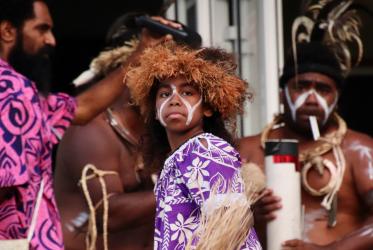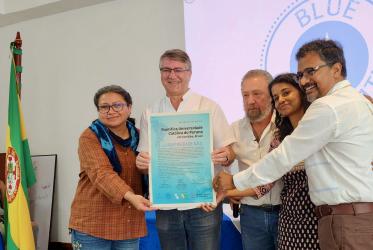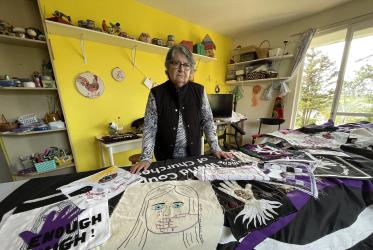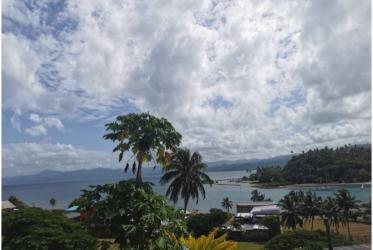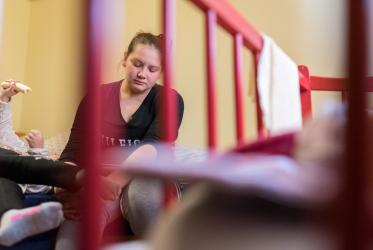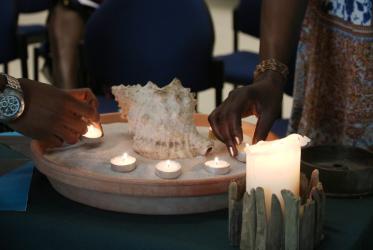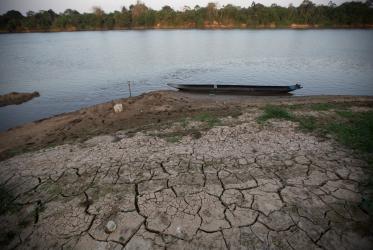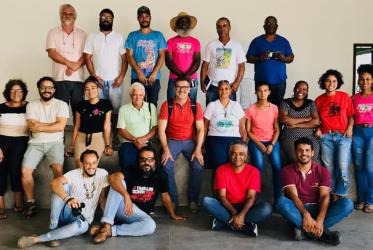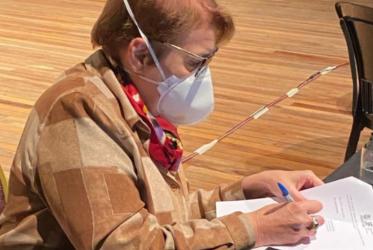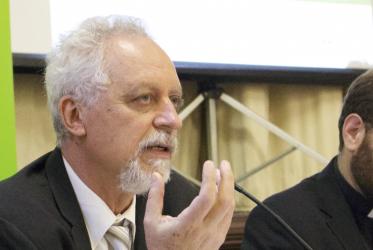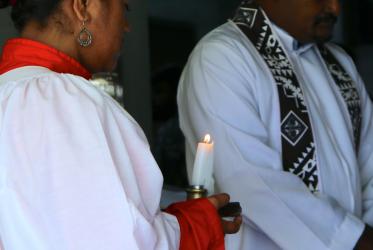Displaying 1 - 20 of 54
Ukraine: Responding to humanitarian need
08 September 2022
WCC stands in solidarity with victims of major flood in Brazil
17 February 2022
WCC extends prayers for Tonga in wake of volcanic eruption
17 January 2022
Brazilian ecumenical water network launched
29 July 2021
Pulling together for a living River Pardo
02 July 2021
Applications open for WCC Eco-School
22 October 2020

